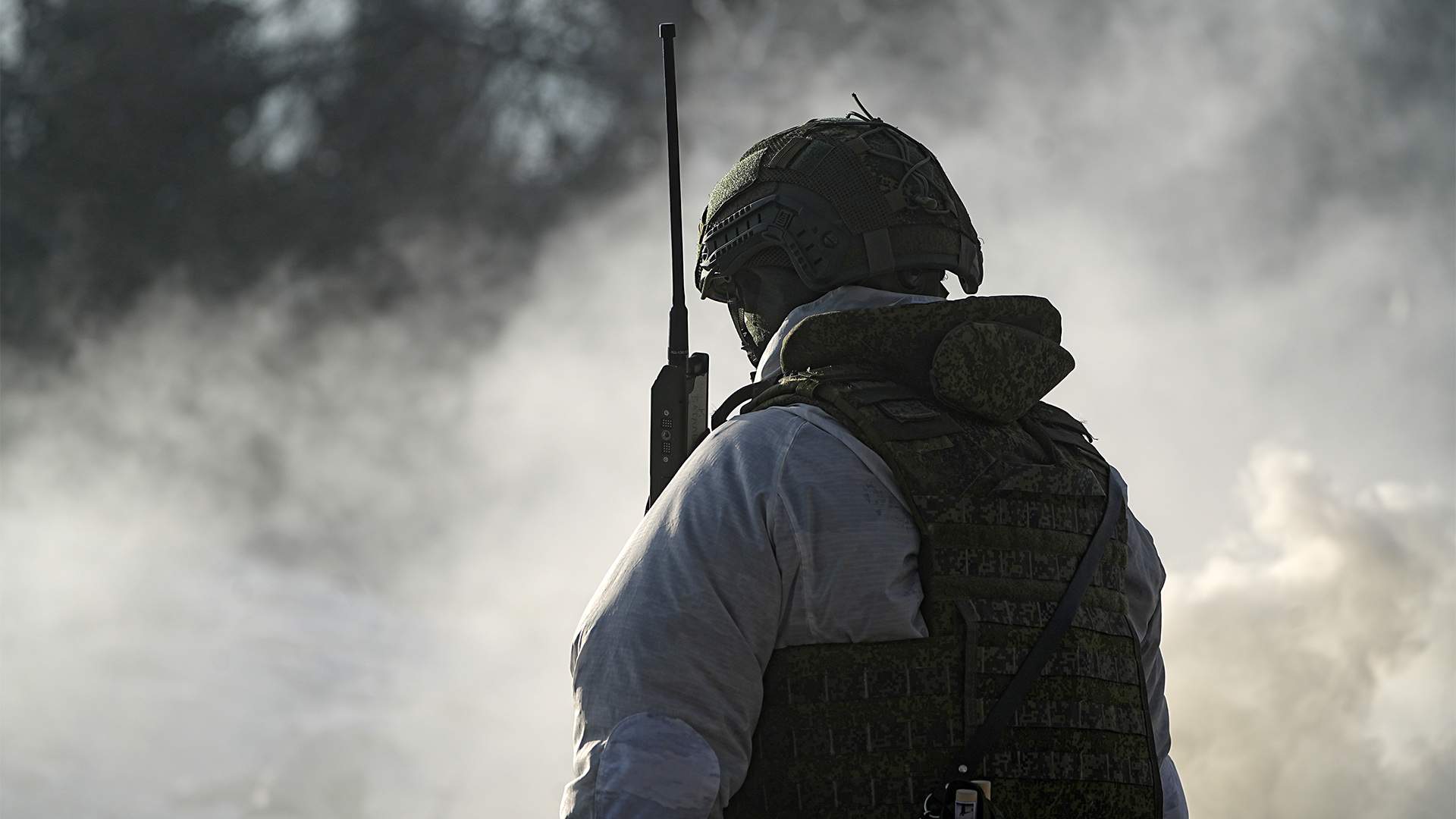Tide of forces: new pipeline brigades will be created in the Russian army

Several new pipeline brigades will be created in the Russian army. These formations are needed to supply troops with all kinds of fuel and water during large-scale combat operations. Experts note that, in addition to solving military tasks, such compounds have repeatedly come to the aid of civilians during emergencies.
New pipeline brigades
The Russian Defense Ministry has already made a fundamental decision on the formation of pipeline brigades. Until relatively recently, the armed forces had more than 20 such formations, but by the early 2010s only a few pipeline battalions remained, sources in the Russian military department told Izvestia.
The SSO has shown that pipeline battalions are needed because the equipment that transports fuel is a priority target for the enemy: both fuel tanks and individual vehicles, military expert Dmitry Kornev told Izvestia.
- Modern pipelines are easy to disguise, and their repair is quite simple. It is not difficult to make false pipelines to mislead the enemy," he explained. - Fuel is needed for virtually all the equipment used in the combat zone. It is likely that there is a shortage of professional units that can quickly deploy fuel pipeline networks. Delivery of fuel and oil products to a certain distribution center will take place by traditional methods. But further distribution will take place through the networks, the construction of which will be done by the new connections.
The construction of pipelines near the front line requires high training of the army and the technical level of development of the entire country, military expert Viktor Litovkin told Izvestia.
- In Russia, these specialized troops have repeatedly helped both the military and the civilian population," the expert said. - It is easier to supply large groups on the line of contact by means of pipelines than by the same motor transport. In addition, fuel trucks are very vulnerable on frontline roads, especially now that enemy drones are trying to attack them.
Lifelines
Already in the early XX century, when the mechanization of armies began, it became clear that the troops need large volumes of fuel and lubricants, military historian Dmitry Boltenkov told Izvestia.
- In those years, the search for effective ways to supply the troops with fuel began," he said. - It is clear, fuel and lubricants were transported by rail and road. They were looking for an alternative. High-capacity pipelines were well suited for this role. Already during the Great Patriotic War our troops carried out a fuel pipeline more than 30 kilometers long along the bottom of Lake Ladoga to the besieged Leningrad. Together with the Road of Life, it helped the city to survive. Our allies in 1944, after the landing in the continental part of Europe, stretched pipelines from England to France.
Already after the Great Patriotic War in our army there were separate pipeline connections.
- They proved themselves well in Afghanistan, they helped to establish uninterrupted fuel supply to our troops in that country, - said Dmitry Boltenkov. - Many pipelines were laid in mountainous areas and were attacked by the enemy more than once.
The unique capabilities of the pipeline troops have been utilized many times in peacetime as well - the servicemen participated in eliminating the consequences of natural disasters and man-made accidents. In particular, they provided drinking water to entire neighborhoods affected by the Chernobyl nuclear power plant accident or after the 1988 earthquake in Armenia.
In 2010, pipeline units were involved in extinguishing peat bogs in Moscow and other regions. It was the servicemen who were then responsible for the installation of trunk lines that supplied water to the fire centers.
In 2014, Ukraine launched a blockade of the Crimean peninsula, cutting off the North Crimean Canal that supplied water to the peninsula. Pipeline units were able to save the peninsula from serious economic and environmental consequences by setting up long field lines that carried water. After the beginning of the SWO, pipeline units were also involved in solving drinking water problems in Donetsk.
The Airborne Troops are strengthening their rear
Earlier "Izvestia" wrote that in the staff schedule of battalions of the Airborne Forces will be introduced the post of deputy commander for the rear. These officers will be responsible for the supply of ammunition, equipment, ammunition and other materiel. In combat conditions, reliable supply is of particular importance.
The experience of the NWO shows that battalions often operate in isolation from the main forces of the regiment, and they also often allocate assault groups for independent operations.
Such groups require additional ammunition, food, equipment, ammunition, and more.
Logistics issues have become more complex and important, and competent resource allocation at the regimental level, which includes several battalions, has become difficult. Battalions may have different requests depending on the combat tasks they are solving. Now battalion logistics deputies will have to formulate and solve them.
Previously, these duties were largely the responsibility of the commander. The appearance of a new staff unit at the headquarters of airborne battalions will relieve the burden on commanders, allowing them to concentrate on the main task of preparing and conducting combat operations.
Переведено сервисом «Яндекс Переводчик»








